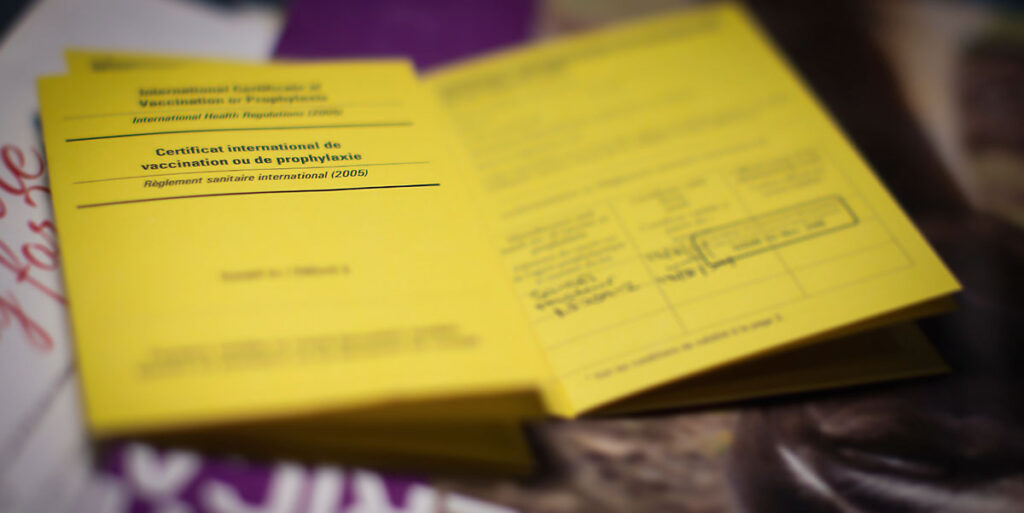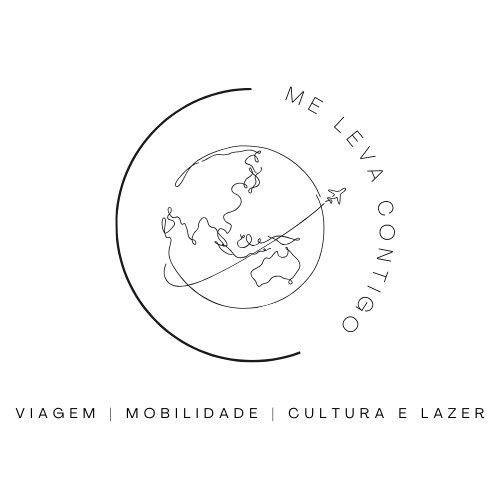
Planning a trip abroad and unsure whether you need the international certificate of vaccination? In this guide, you’ll find everything you need to know: where to get vaccinated, how to issue the certificate, how to access it online, and a list of countries that require it.
The international certificate of vaccination is an essential document for travelers visiting certain destinations. It proves that you have received specific immunizations, especially against yellow fever, and meets the health regulations of many countries.
If you’re departing from Brazil or traveling through regions where yellow fever is endemic, understanding how to obtain and present the international certificate of vaccination is key to a smooth and stress-free journey.
What is the International Certificate of Vaccination?
The International Certificate of Vaccination or Prophylaxis (ICVP) is an official document that certifies you’ve received certain vaccines, including the yellow fever vaccine. It’s recognized worldwide and may be required for entry into countries where disease transmission is a public health concern.
This certificate is part of international health regulations and helps prevent the spread of diseases across borders. For many destinations, presenting the international certificate of vaccination at immigration is as important as your passport or visa.
The most commonly required vaccine on this certificate is for yellow fever, a mosquito-borne disease present in parts of South America and Africa. While yellow fever is not transmitted person-to-person, international travel can facilitate the spread of the virus through infected travelers and mosquito populations.
Where to get the Yellow Fever Vaccine?
In Brazil, yellow fever vaccination is available for free through the public health system (SUS). You can receive the shot at health clinics and vaccination centers across the country. Always call ahead or check your local health department’s website for availability.
Many clinics offer the yellow fever vaccine without the need for a prior appointment. However, during certain times of the year—especially before vacation seasons—demand can be high, so it’s wise to plan ahead.
Once vaccinated, you’ll receive a local proof of vaccination. This document is the first step before issuing your international certificate of vaccination. Be sure to keep the original vaccination card safe, as you’ll need it to request your official certificate.
How to Issue the International Certificate of Vaccination?
After getting the yellow fever shot, you’ll need to convert your local vaccination record into an official International Certificate of Vaccination. This can be done either at the time of vaccination or afterward by visiting an accredited Anvisa center.
If you just got vaccinated, ask the clinic staff if they can issue the international certificate right away. Some locations are authorized to provide the document on-site. If not, you can return later with your ID and vaccination card to request it.
For those who were vaccinated in the past, it’s still possible to get the certificate. Just locate your original vaccine card showing the yellow fever dose and head to an authorized Anvisa center. Bring a valid photo ID and your vaccination record.
Can I Access the International Certificate of Vaccination Online?
Yes! If you received your vaccine through the SUS network, you can get your international certificate of vaccination digitally through the Conecte SUS platform. This is often the easiest and quickest option.
To use the digital version, download the Conecte SUS app or visit conectesus-paciente.saude.gov.br. Log in using your Gov.br account, which is a unified government login system in Brazil.
Once logged in, navigate to the “Vaccines” section, locate your yellow fever vaccination record, and tap on “Certificate.” You can then download, save, or print the certificate in PDF format. This version is widely accepted and includes a QR code for verification.
Which Countries Require the International Certificate of Vaccination?
Countries that require the international certificate of vaccination are generally located in South America, Africa, and some parts of Asia. These are regions where yellow fever is either endemic or there’s a risk of reintroduction through travelers.
Requirements vary depending on your destination and travel history. Some countries only demand the certificate if you’re arriving from a high-risk area, while others require it from all travelers regardless of origin. Always double-check the rules through the destination country’s embassy or consulate.
Traveling without the certificate to a country where it’s mandatory can result in denied entry, quarantine, or the need for immediate vaccination at the border. Planning in advance is essential to avoid surprises during your trip.
Summary: What You Need to Know
- The yellow fever vaccine is free in Brazil and should be taken at least 10 days before your trip to meet international requirements.
- The International Certificate of Vaccination can be issued in person at an Anvisa center or accessed digitally via Conecte SUS.
- The certificate is valid for life after one dose of the vaccine and is a legal requirement for entry into several countries around the world.
Whether you’re a seasoned traveler or planning your first international trip, understanding how to get and present your international certificate of vaccination will help ensure safe and seamless travel.
✅ Conclusion
Getting your International Certificate of Vaccination is a simple but crucial step for international travel—especially if you’re heading to countries where yellow fever is a concern. With just one dose of the vaccine and a quick visit to an authorized center or the Conecte SUS app, you’ll be fully prepared to meet health requirements around the world.
Remember to plan ahead and check the specific rules of your destination. Having your certificate ready can prevent unnecessary stress at immigration and ensure your trip goes smoothly. Safe travels—and don’t forget your passport and your vaccination certificate!
